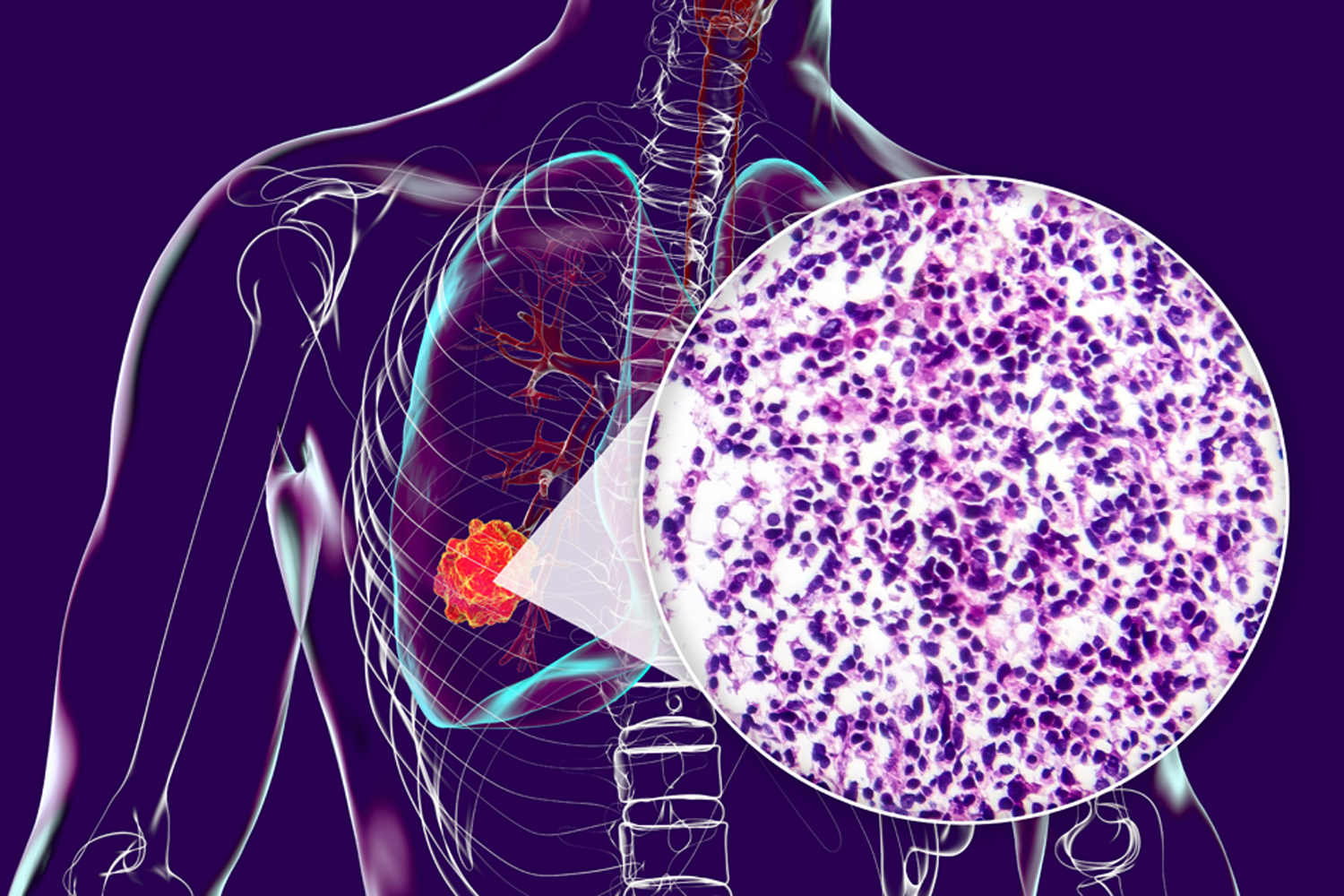-
August 20: The Week in Cancer News
Patient volume at radiation therapy clinics can affect outcomes, and experts call attention to a third breast cancer gene, PALB2.
by Marci A. Landsmann
-
August 13: The Week in Cancer News
Survival is not affected by delaying breast cancer treatment for fertility preservation, and the FDA approves a drug combination to treat kidney cancer.
by Kevin McLaughlin
-
Drug Delays Recurrence in People With Early-Stage Breast Cancer
People who have inherited BRCA mutations and are at high risk for cancer recurrence may benefit from a PARP inhibitor.
by Pamela Rafalow Grossman
-
July 30: The Week in Cancer News
Healthy lifestyle habits can reduce risk of cancer, and less treatment may be adequate for some children with ALL.
by Marci A. Landsmann
-
July 23: The Week in Cancer News
Two studies on access to opioids identify disturbing patterns, and Keytruda before and after surgery helps some breast cancer patients.
by Kevin McLaughlin
-
Remote Care
After adapting remote patient monitoring programs to cancer patients with COVID-19, cancer centers delve deeper into the programs' value for cancer patients undergoing treatment.
by Jon Kelvey
-
July 16: The Week in Cancer News
A study measures the global impact of alcohol on cancer incidence, and the FDA approves treatments for multiple myeloma and urothelial cancer.
by Bradley Jones
-
Moving Away From the Maximum Tolerated Dose
The FDA recently expressed a new commitment to testing cancer drugs at lower doses, rather than defaulting to the highest dose most people can tolerate.
by Marcus A. Banks
-
July 2: The Week in Cancer News
A study sheds light on the link between red meat consumption and colorectal cancer, and mRNA COVID-19 vaccines are effective in most cancer patients.
by Kevin McLaughlin
-
A Fast Track for Cancer Vaccines
The rapid development of mRNA COVID-19 vaccines could spark advances in similar treatments for cancer.
by Stephen Ornes
Cancer Talk
Treatment Combination Improves Survival in EGFR-positive Lung Cancer
Adding chemotherapy to targeted therapy improves outcomes for people with advanced EGFR-positive non-small cell lung cancer.
by Sandra Gordon
Lessons From 20 Years Living With CancerMultiple myeloma survivor Jonathan Gluck reflects on uncertainty, and the scientific progress that has kept him living with cancer for more than two decades.
by Eric Fitzsimmons
The Enduring Importance of Cancer Disparities ResearchOpening session from AACR conference highlights how perseverance and adversity have informed cancer disparities research over the years.
by Eric Fitzsimmons
Most Cancer Survivors Don’t Meet Healthy Diet GoalsDespite research linking fruits and vegetables to cancer survival, many people do not change their eating habits after diagnosis.
by Darlene Dobkowski















